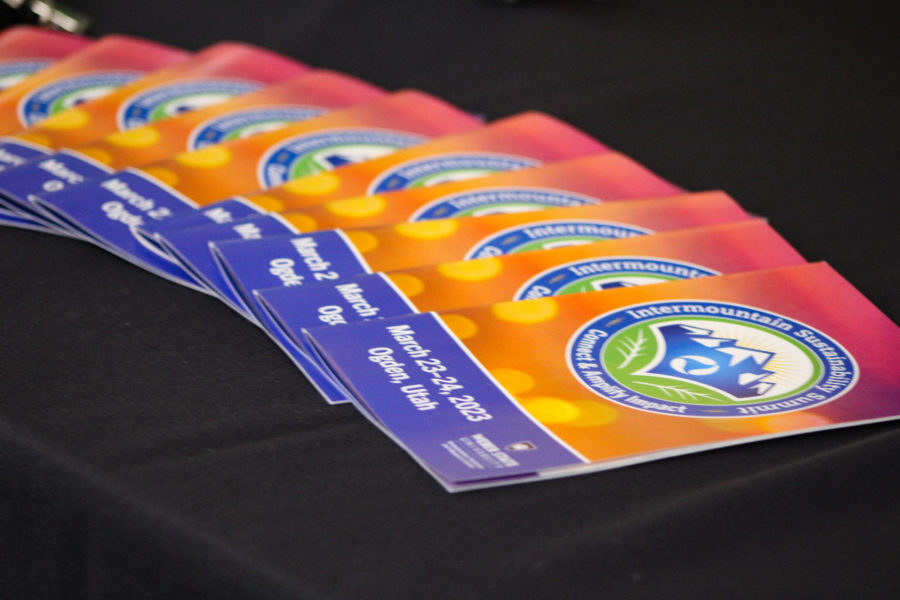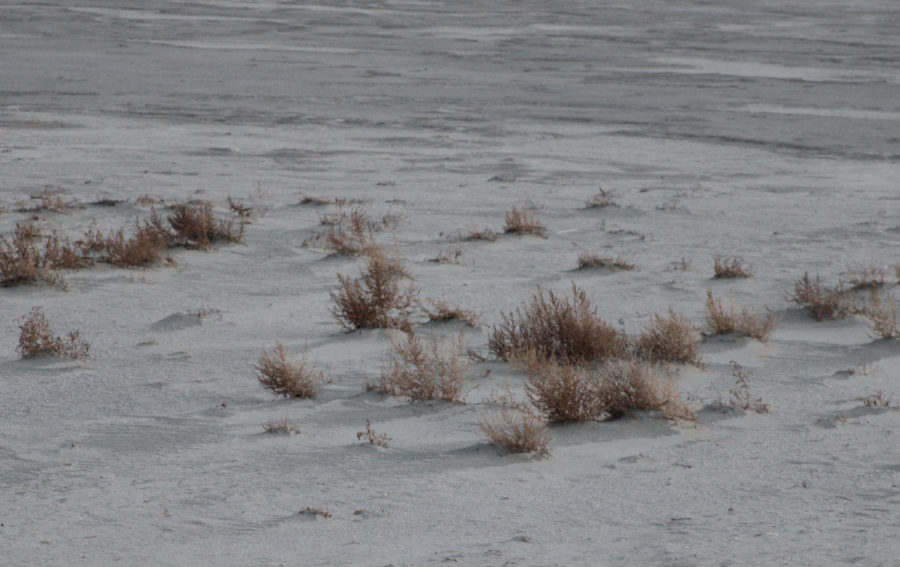Developing a greener lifestyle doesn’t have to require sweeping changes. Simple things can make a difference. Here are a few tips to easily “green” your daily routine.

Opt for e-receipts
In the U.S. alone, the demand for receipt paper is 640,000 tons per year. This equates to an estimated 9.6 million trees cut down each year just to produce paper receipts.
Many major retailers, including Whole Foods Market, Nordstrom, Gap Inc., Sears and Walmart, have begun offering electronic versions of receipts, which can be e-mailed or uploaded to secure personal accounts. Skipping out on that little scrap of paper can also be convenient, as e-receipts can’t be lost or misplaced.
Bring your own cup to Starbucks
Last year, Starbucks saved more than 1.4 million pounds of paper from landfills thanks to customers bringing in their own cups. If that’s not inspiration enough, you save 10 cents on your beverage each time you provide your own cup!
Ditch the drive-thru
Cars idling at drive-thru windows release chemicals, gases and particle pollutants into the air. Since most drive-thru visits take around three minutes, a significant amount of pollution is produced.
Idling stints longer than 10 seconds produce more carbon dioxide than restarting the engine, so when the line of cars at the In-N-Out drive-thru wraps around the parking lot, consider parking and ordering inside.
Don’t hand-wash your car
When you wash your car in your driveway, you are sending pollutants like copper, lead and zinc down storm drains. When you wash your car at an automated car wash, the pollutants and contaminated water are collected, cleaned and often reused. On average, one automated car wash will safely use the same amount of water as a single, five-minute shower.
Cut back on laundry detergent
Modern washing machines are designed to use about half of the recommended amount of laundry detergent. Using excessive amounts of detergent wastes the product and your money. Moreover, detergent buildup wears your machine faster and leaves color-fading residue on clothing.
Skip the straw
These little items of convenience are currently among the top 10 marine debris items. To reduce the 5 million straws that are used each day, consider cutting back or using a reusable straw that can be washed in the dishwasher.
Don’t preheat the oven
Unless you’re preparing something sensitive, such as bread or pastries, preheating the oven is unnecessary. If the food does not require a precise starting temperature, save the excess energy expenditure! In addition, the glass window of an oven should be used to view the food being cooked instead of opening the door and letting hot air escape.
Losing some eco-guilt doesn’t have to be a daunting task. Minor changes in your daily routine reduce waste, cut back on air pollutants and save energy. Green living can be accessible for everyone by making just a few mindful choices every day.


















